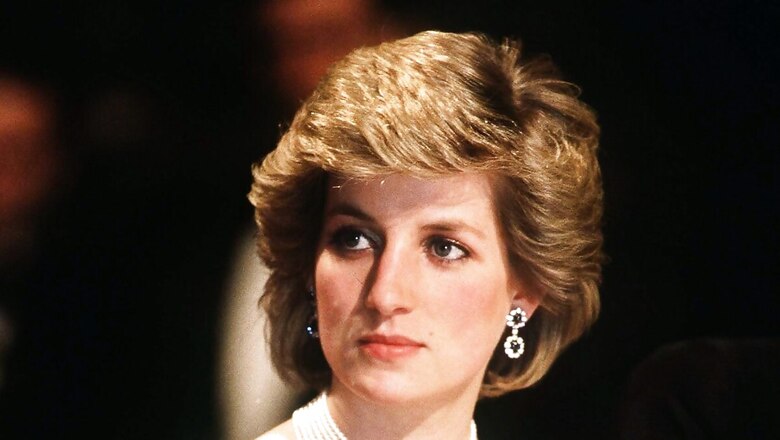
views
The first time I came to know about Princess Diana, I was a teenager and I admit that I was taken in by her appearance. Suave, blonde, and pretty, she was captivating in all European beauty standards. But over the years, as I came to read more about her, I realised that she was a royal figure I actually would have liked.
As Charles III gets crowned today as the king of the United Kingdom, most of the rhetoric around the late Princess of Wales, Diana, will be around her broken marriage and the scandals around it. But she was more than that.
I won’t call her my role model as I would not any member of the British monarchy. But her unconventional approach to charity work, not afraid of being looked at through a partisan, political lens, and the ability to go her own way makes me think that the this ‘modern’ coronation ceremony will be incomplete without her.
The world is distraught with the almost dystopian changes the future is bringing us. At such times, the world’s perception and adulation for royal ceremonies have also changed. AFP reported earlier that ‘harsh financial realities, with inflation stuck stubbornly at more than 10 per cent’, have meant hard-pressed Britons expressing less interest in the ceremony, an attitude reflected in polls as well.
Pomp and tradition certainly don’t hold face against action and empathy in today’s world. And this is the legacy Diana left.
‘Handshake that Changed the World’
First identified in the 1980s, people’s perception to HIV-AIDS was different than what is it today. Despite CDC scientists saying that casual contact would not spread the virus, there was fear-mongering towards people suffering from the disease.
But Diana helped changed that perception through her public platform when she shook hands with an AIDS patient without wearing gloves. The picture is regarded as one of the finest moments of Diana’s humanitarian career.
“If a royal was allowed to go in shake a patient’s hands, somebody at the bus stop or the supermarket could do the same. That really educated people," a nurse who had been there during Diana’s hospital visit had told the BBC at the time.
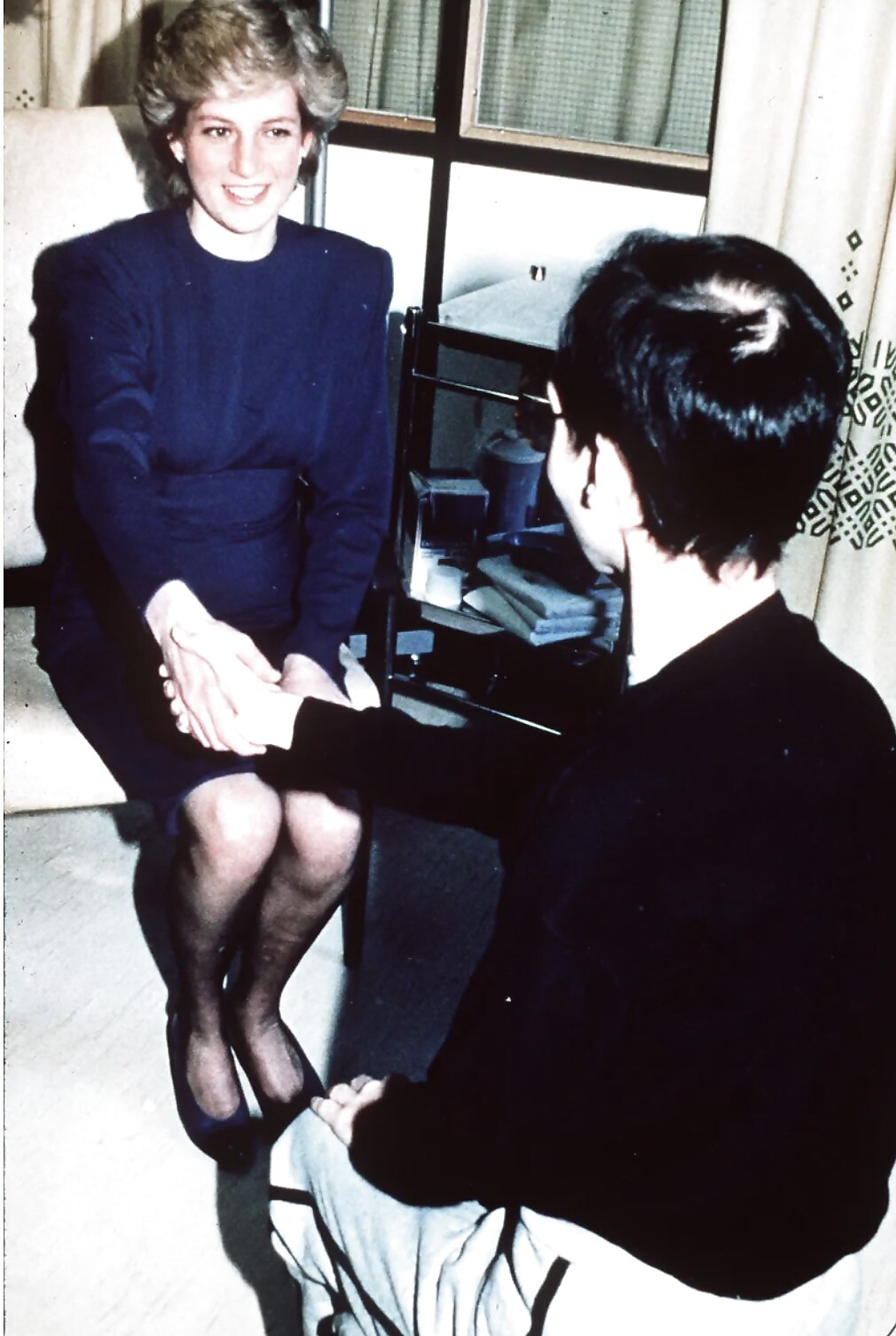
Her advocacy against landmines had also attracted ire from political bigwigs. But she did not shy away from the cause — she was a patron of the HALO Trust, an agency that eliminates war waste, particularly landmines.
And just months away from her death in 1997, Princess Diana ventured onto an active minefield in Angola to watch how de-miners clear explosives. As per HALO, Diana’s efforts resulted in increased international awareness of landmines and the suffering they cause.
Her work on the landmine issue has been credited with influencing the signature of the Ottawa Treaty, which established an international ban on the use of anti-personnel landmines. This, despite being called a ‘loose cannon’ by UK’s then-junior defense minister Earl Howe.
According to the Town and Country Magazine, Peter Viggers, a Tory member of the defense select committee at the time, had also criticised Diana, saying, “we all know landmines and other weapons are vicious and nasty. The question is how best to negotiate so they are not used in future. The government’s policy on this has been an extremely careful one and the statements made by the Princess of Wales have not been in line with that policy."
But Diana insisted that her approach was not political, but humanitarian.
It is that kind of empathy that would be fit for people born with public platforms, especially in today’s highly polarised world. Modernity cannot just mean taking a convenient stand for issues that have already gained worldwide recognition and acceptance, but also standing up for issues that are difficult to talk about.
‘Vulnerability’
According to American biographer Sally Bedell Smith, “Diana had a real effect on the monarchy."
“They realized, in their practical and efficient way, that Diana had touched people in a special way, in accessibility and informality. They commissioned research, polling, focus groups, and they responded, not in a dramatic way, but in an incremental way. The queen did things a little more informally, she loosened protocol," Smith told USA Today.
Royal commentators say that apart from Diana’s ‘activism’ the Windsor household was also unhappy with the Princess speaking out about her broken marriage in an explosive BBC Panorama interview. However, it was not just marital distress Diana talked about, but her struggle with bulimia and mental health issues. She gave a jolt of everyday-vulnerability to the mystique the monarchy has maintained over the years.
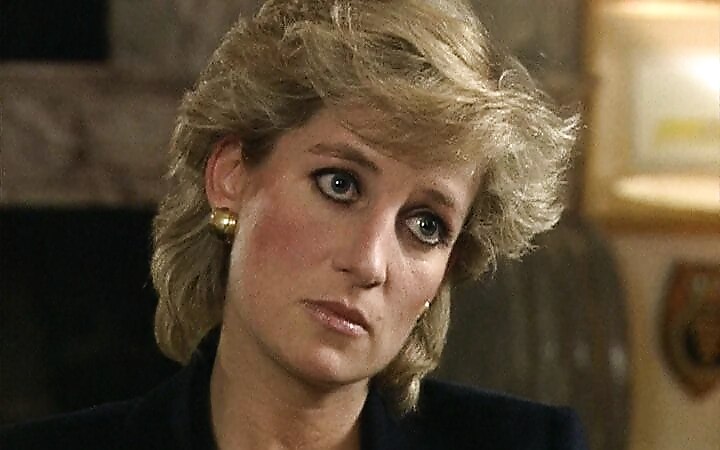
During the BBC interview, host Martin Bashir asked, “Do you think you will ever be queen?" With a nervous chuckle, Diana replied, “No, I don’t."
“I’d like to be the queen of people’s hearts, but I don’t see myself being the queen of this country. I don’t think many people will want me to be queen, and when I say ‘people,’ I mean the establishment I married into because they have decided I’m a non-starter."
The world this establishment functions in today has drastically changed after the ravages of the Covid-19 pandemic, geopolitical shifts and climate change catastrophes. It will have be to empathetic, vulnerable, and bold — like Princess Diana — to remain relevant.















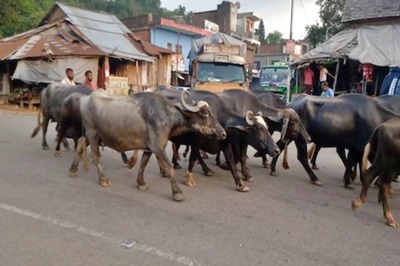



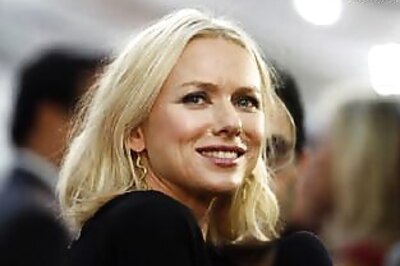
Comments
0 comment